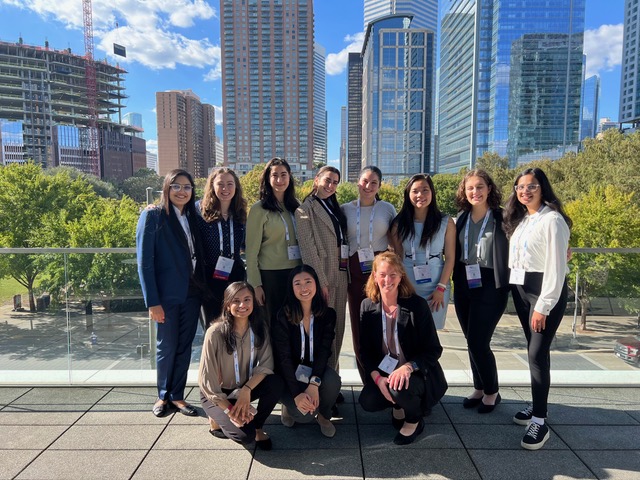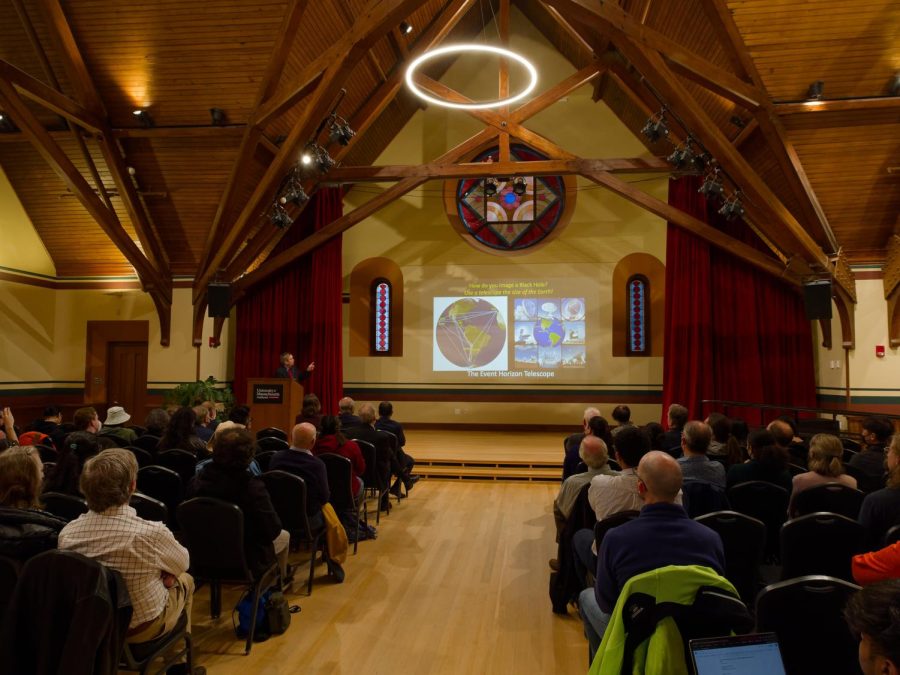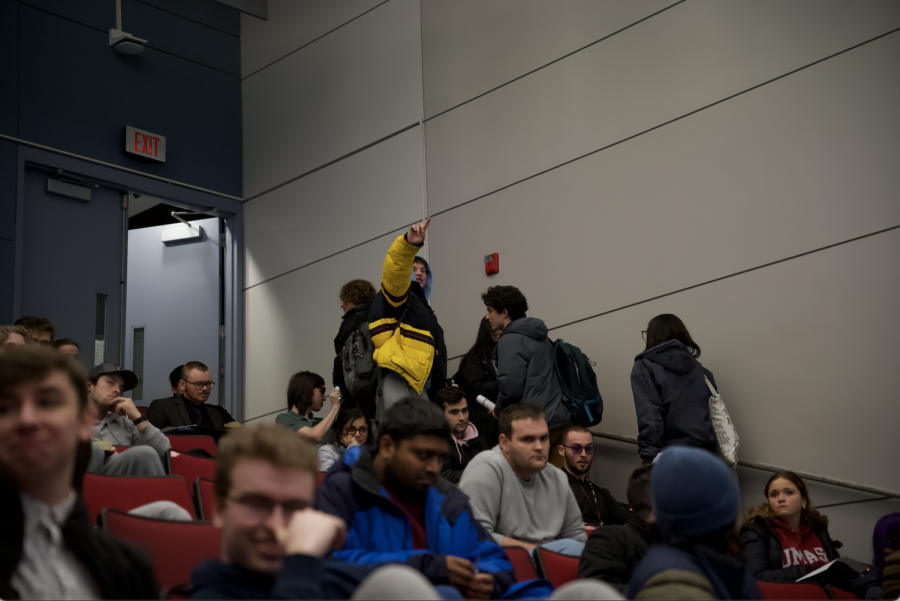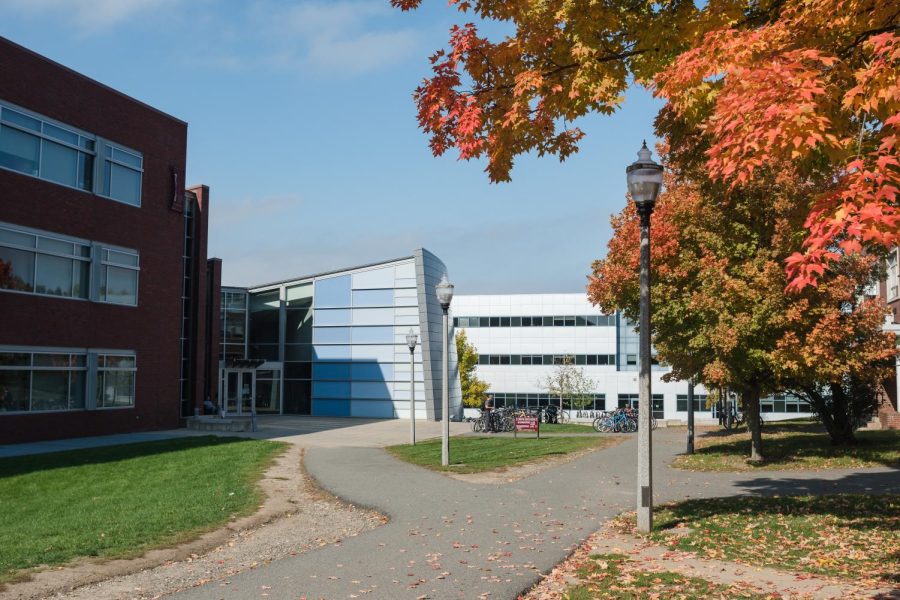This semester, the College of Natural Sciences (CNS) launched a new program, the CNS Dean’s Research Experience, to give students an authentic taste of research with a CNS faculty member during their freshman year. A total of 18 students are enrolled for the first semester of the course.
The program is structured as a one or two-credit course in which students work with their mentor on a research project related to the mentor’s work.
According to the syllabus for the class, students must perform at least three hours of research per credit-hour per week on average. Students may also keep a lab notebook, produce a background and proposal paper, and present the results of their research at a meeting of their research group, depending on the preferences of their mentor.
According to Dr. Julian Tyson, associate dean for academic affairs in the College of Natural Sciences and the course director for the Dean’s Research Experience, the idea for the program began when the University of Massachusetts’ Chancellor and Provost asked all faculty to come up with ideas for generating more revenue for the University. The key was to generate revenue through programs that would be likely to attract more students, with an emphasis on attracting out-of-state students.
In brainstorming sessions at CNS, the idea was developed for the program that would become the Dean’s Research Experience. After determining that about 50 CNS faculty members were willing to participate, a proposal for funding was presented to the Chancellor and Provost. While they did not decide to fund the program, the Dean of the College of Natural Sciences considered it “a sufficiently meritorious idea that he would go ahead with it anyway,” Tyson said.
Dr. Tyson said the idea for Dean’s Research Experience stemmed from another program he had led for several years, previously called “The Arsenic Project,” for students in the introductory chemistry series, Chemistry 121 and 122. In that program, a group of students from these two courses, generally chemistry majors or from a closely-related discipline, participated in a research project related to Dr. Tyson’s research, concerning arsenic levels in rice, groundwater, and other substances.
Besides attempting to recruit students to UMass, the Dean’s Research Experience also has goals of retaining students studying science, technology, engineering, and mathematics, or “STEM” disciplines. Organizations such as the National Science Foundation (NSF), Dr. Tyson said, have come to the conclusion that more STEM graduates are needed than universities are currently producing.
One way to increase the number of students graduating with STEM degrees is to keep students in such disciplines, and Dr. Tyson believes that a research experience helps keep students interested in science.
“There is plenty of evidence, at least in the chemistry field, and I think it’s probably true across the other STEM disciplines, that a research experience is beneficial in motivating students to stay with the discipline,” Tyson said.
“They keep looking for another research opportunity, and then another and before they know it, they’re hooked,” he added.
Despite the benefits of such an experience, Tyson says it is difficult for freshmen students to find an opportunity to participate in a research project.
“There are plenty of programs that aim to give undergraduate students a research experience, but often they are geared toward students in their senior or junior years,” Tyson said.
Tyson noted that in the traditional model for undergraduate research, where students spend time with their mentors discussing the details of the research, it becomes quite difficult for large groups of students to participate.
“For 4,000 entering students to have this sort of experience, you would need 4,000 faculty,” Tyson said.
While a second Dean’s Research Experience class is still being considered for next semester, according to the CNS website, Dr. Tyson expects that the next Dean’s Research Experience class, if it is held again, will be held in the fall of 2011. This would provide time to recruit more students and to improve the program, which will be renamed “The First-Year Research Experience (FRE).” The future of the program, Tyson said, will depend in large part on the feedback of current Dean’s Research Experience students and their faculty mentors at the end of this semester.
“One possible question to ask people,” Tyson said, “is whether they prefer it to be a two-semester activity, or if they would like to have that option.”
Some faculty might think students would be able to perform more meaningful work over a longer period, while others would argue that a greater variety of experiences would be more beneficial. How the program is shaped in the future will also depend on how difficult students find it to fit Dean’s Research Experience in with the rest of their course work.
Melanie Muller can be reached at [email protected].






